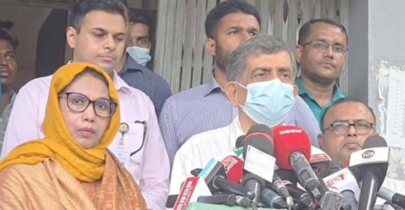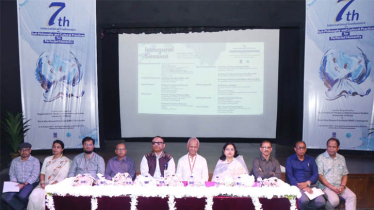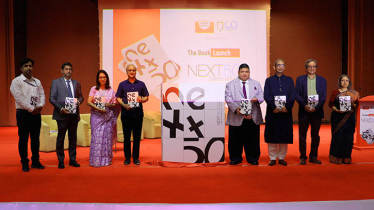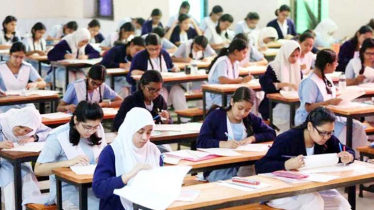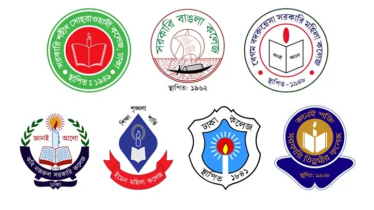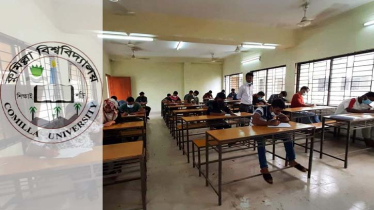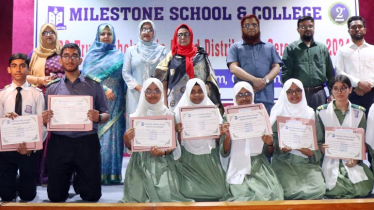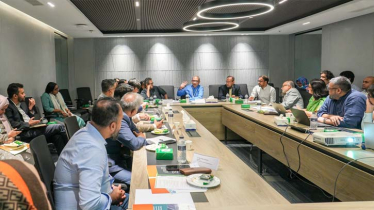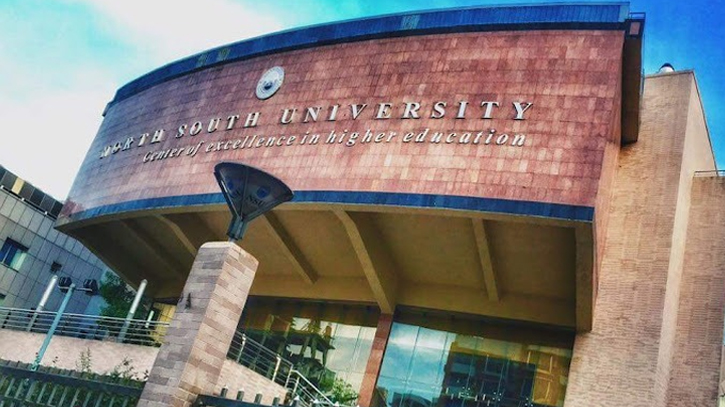
File Photo
In a concerning revelation for the higher education sector, it has been discovered that 42 private universities, among them the prestigious North South University (NSU), are falling short in upholding the essential standard for the average teacher-student ratio.
In the last decade, the private North South University (NSU) has been ranked first among the public and private universities of the country several times. However, even in this university, not all standards are being maintained. Allegations against the university of supporting militancy and unethical financial corruption of the trustees have questioned the integrity of this higher education institution.
The minimum standard of the average teacher-student ratio in higher education institutions worldwide is 1:20, meaning there should be one teacher for every 20 students. However, NSU has not maintained this standard. With 22,745 students and only 613 teachers, the teacher-student ratio in this university is 1:37.
This information is derived from the 49th annual report of the University Grants Commission (UGC), which will be made public after it is handed over to the President. Apart from North South University, the report also mentions that the teacher-student ratio in 41 other private universities is below international standards.
According to the report, RTM Al-Kabir Technical University has the lowest teacher-student ratio among private universities, with a ratio of 1:39. NPI University of Bangladesh is in the second position with a ratio of 1:38. North South University ranks third in this list.
The cost of education for students in private universities is also very high, often beyond the reach of the middle or lower-middle class. According to UGC information, the maximum fee for the B Pharm program at the undergraduate level in North South University is Tk 13,18,500, while the lowest fee is in economics, Tk 8,05,000.
In this regard, Professor Dr. Biswajit Chand, a member of the University Grants Commission (UGC), said, “Some private universities charge very high fees. We are considering fixing a ceiling. However, according to the Private Universities Act 2010, approval from the UGC is required before determining the tuition fees. Unfortunately, universities often do not adhere to this requirement.”
“However, the government has initiated efforts to amend the law. If successful, universities will be obligated to seek UGC approval to set tuition fees. This would likely result in more reasonable tuition or semester fees,” he added.
Meanwhile, there have been allegations of militant links with NSU. At least three of those involved in the Gulshan and Sholakia terror attacks were former or current students of North South University. Prior to this, allegations were made against students of this university in connection with several terrorist attacks or conspiracy to attack in the country and abroad.
Additionally, in 2022, allegations of corruption were made against members of the Board of Trustees of North South University. On May 5 of that year, the Anti-Corruption Commission (ACC) filed a case against six individuals for embezzling about Tk 304 crore. These six individuals are Azim Uddin Ahmed, Chairman of the Board of Trustees of NSU; Member of the Board of Trustees M.A. Kashem; Benzir Ahmed; Mrs. Rehana Rahman; Mohammad Shahjahan; and Managing Director of Ashalaya Housing Md. Amin Hilali.
Lastly, in November of last year, a nationwide controversy arose regarding the case of transgender individual Ho Chi Minh Islam not being able to attend an event at NSU despite being invited. The UGC then sought an explanation from the university. In a letter sent to the university, the UGC stated, “Why was permission not granted to Ho Chi Minh Islam to participate in the ‘Women’s Career Carnival – Explore Your Future with Us’ at North South University, and what steps should be taken to ensure that such incidents or practices do not recur in the future? The university's response should be provided within three working days.”
The letter also mentioned, “The university is a bastion of free thought and intellectual practice. Such practices and universities complement each other. North South University's behavior contradicts the Private University Act-2010, the development of free thinking, the spirit of the liberation war, the constitution of Bangladesh, and above all, the concept of the university.”
When North South University’s Director of Public Relations, Asif Bill Ali, was contacted to inquire about the issue, he expressed his inability to comment and suggested contacting the Vice Chancellor for information. However, queries sent to VC Professor Atiqul Islam by mail received no response.
Meanwhile, according to the UGC report, the number of students in private universities decreased slightly in 2019 and 2021 but increased in 2022. The number of students in these institutions increased by about 10 percent in one year.
In 2021, the number of students in the 102 private universities conducting higher education programs in the country was 310,107. By 2022, this number increased to 341,098 in 104 private universities. This indicates an increase of 30,991 students or 9.99 percent in one year.
According to UGC data, NSU had the highest number of students in 2022, with a total of 22,754 students. Daffodil International University had the second-highest number of students with 19,607. BRAC University ranked third with 16,375 students, followed by East West University in fourth position with 13,391 students. The University of Skill Enrichment and Technology had the lowest number of students, with only 43 enrolled.
Messenger/Disha

